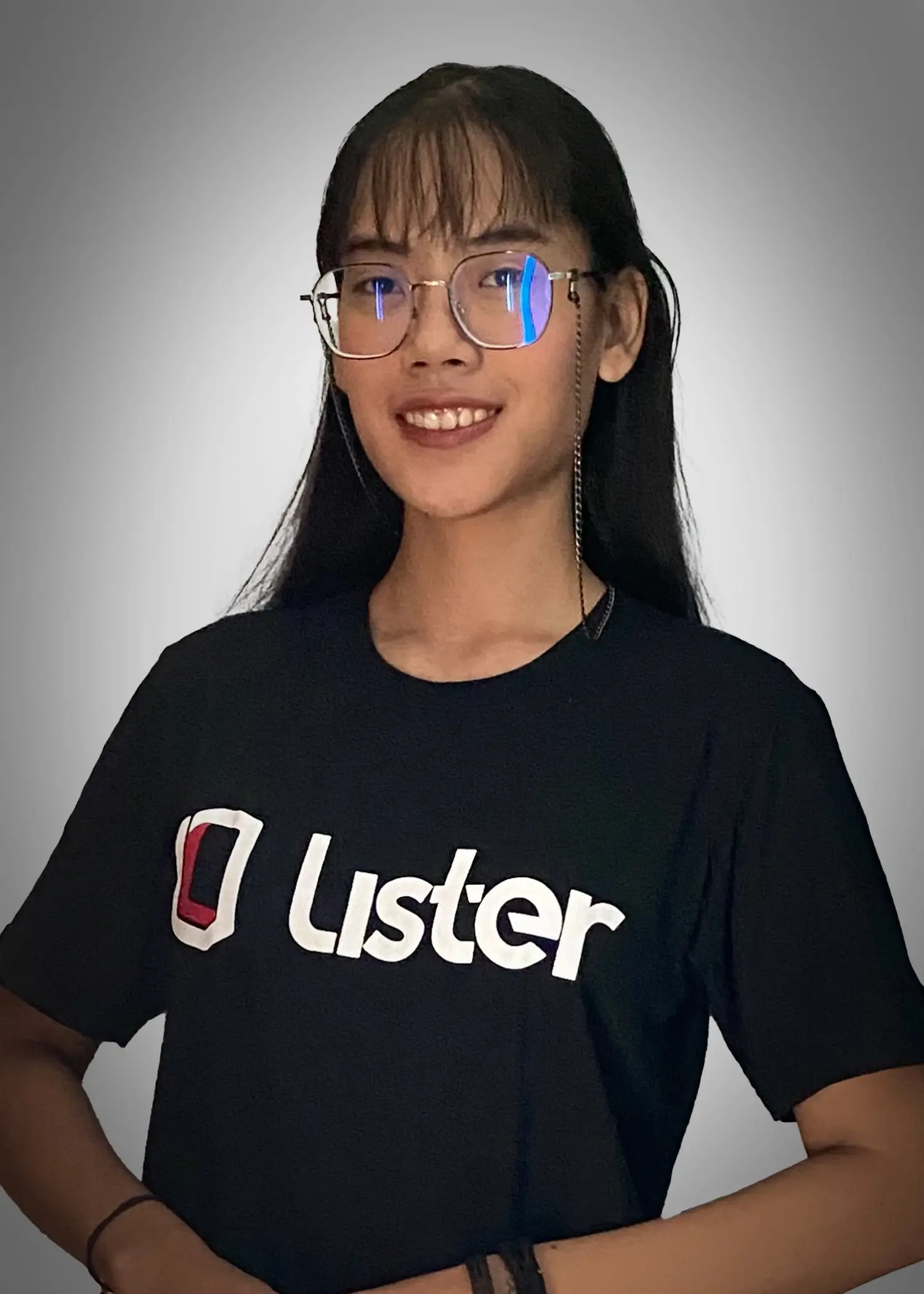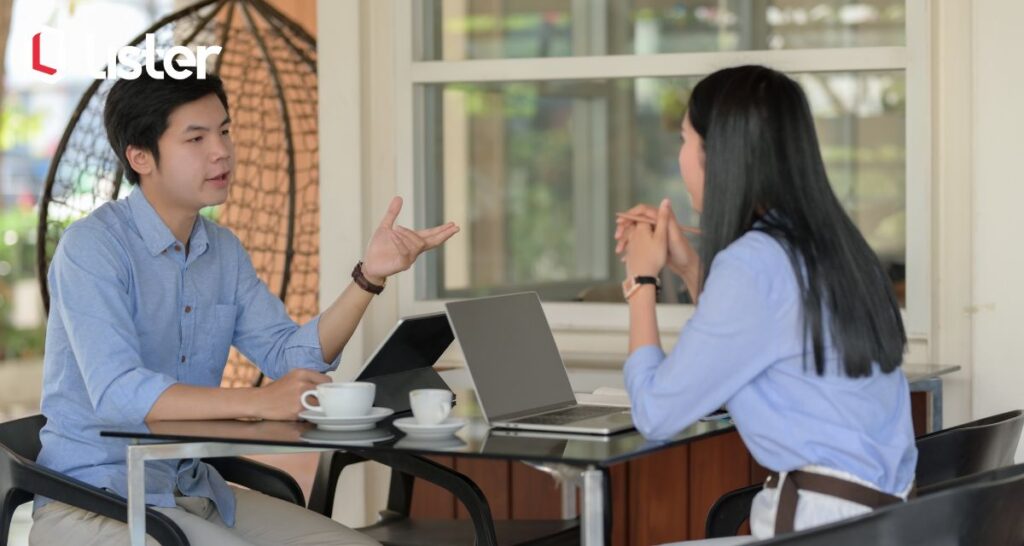Punya impian kuliah di luar negeri? Memiliki A level akan mendukung cita-citamu. Untuk mempersiapkan diri, ikutilah Kursus A Level.
Salah satu tips mempersiapkan diri mengikuti ujian A level adalah dengan mengerjakan contoh soal. Dengan begitu, kamu benar-benar merasakan simulasi ujian A level.
Berikut ini contoh soal yang diujikan Cambridge International AS and A Level English Language.
Specimen Paper
Specimen paper adalah contoh pertanyaan yang dibuat dalam format ujian sesungguhnya.
Section A: Shorter writing and reflective commentary
Question 1
Your headteacher has asked you to produce a leaflet called Leaving Home. The leaflet will be aimed at older teenagers who are going to live in another town or city to go to university.
(a) Write the text for the leaflet, using no more than 400 words. In your writing, give advice and guidance on how to manage living away from your family for the first time.
(b) Write a reflective commentary on your text, explaining how your linguistic choices contribute to fulfilling the task set by your headteacher.
Section B: Extended writing
Answer one question.
EITHER
Question 2
Your local newspaper is running a writing competition and you decide to enter. Write a descriptive piece called The Storm. In your writing, focus on sound, light and movement to help your reader imagine the scene. Write between 600 and 900 words.
OR
Question 3
In class, you have been discussing whether sending criminals to prison is an effective way of reducing crime. Write an article for your school magazine. In your writing, discuss the advantages and disadvantages of sending criminals to prison. Write between 600 and 900 words.
OR
Question 4
You have recently visited an exhibition of modern art at a museum. Write a review of the exhibition, which will be published on a website called Art Today. Write between 600 and 900 words.
Past Paper
Past paper adalah soal ujian yang pernah dikerjakan oleh peserta.
The following text is an extract from a short story by the writer Zadie Smith. In the extract, the narrator is on a family holiday in Spain.
(a) Comment on the language and style of the text.
(b) Imagine you are one of the sisters that the narrator refers to in the story. You write a diary entry for the day described in the text.
Basing your writing closely on the material of the original passage, and using 120 to 150 of your own words, write a section of the diary entry.
What is the solution to life? How can it be lived ‘well’? Opposite our loungers are two curvaceous girls, sisters. They arrive very early each morning, and instead of the common plastic loungers used by the rest of us they manage to nab one of the rare white four-poster beds that face the ocean. These sisters are eighteen and nineteen years old. Their outdoor bed sports gauzy white curtains on all four sides, to protect whoever lies upon it from the sun. But the sisters draw the curtains back, creating a stage, and lie out, perfecting their tans.
The reason I bring them up is that, compared to everyone else here, they are unusually active. They spend more time on dry land than anyone else, principally taking pictures of each other on their phones. For the sisters, this business of photographs is a form of labor that fills each day to its limit. It is an accounting of life that takes as long as life itself. Personally, I am moved by their industry. No one is paying them for their labor, yet this does not deter them. Like photographers’ assistants at real photo shoots, first they prep the area, cleaning it, improving it, discussing the angle of the light, and, if necessary, they will even move the bed in order to crop from the shot anything unsightly: stray trash, old leaves, old people. Prepping the area takes some time. Because their phones have such depth of image, even a sweet wrapper many yards away must be removed. Then their props are gathered: pink flower petals, extravagant fruit cocktails with photogenic umbrellas protruding from them, ice creams (to be photographed but not eaten), and, on one occasion, a book, held only for the duration of the photograph and – though perhaps only I noticed this – upside down. As they prep, each wears a heartbreaking pair of plain black spectacles. Once each girl is ready to pose, she hands her glasses to her sister. It is easy to say they make being young look like hard work, but wasn’t it always hard work, even if the medium of its difficulty was different? At least they are making a project of their lives, a measurable project that can be liked or commented upon. What are we doing?
Later, in the evening, another pair – identical twins, Rico and Rocco, with oily black curls and skinny white jeans, twin iPhones wedged in their tight pockets – have just finished their act and are packing up their boom box. ‘We come runner-up “X Factor” Spain,’ they say, in answer to our queries. ‘We are Tunisia for birth but now we are Spain.’ We wish them well, and good night, and divert our children’s eyes from the obscene bulge of those iPhones, the existence of which we have decided not to reveal to them for many years, or at least until they are twelve. At the elevators, we separate from our friends and their children and ascend to our room, which is the same as their room and everybody’s room, and put the children to bed and sit on the balcony with our laptops and our phones, as we have every night since January. Here and there, on other balconies, we spot other men and women on other loungers with other devices, engaged in much the same routine.
























